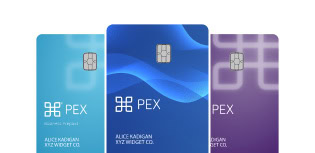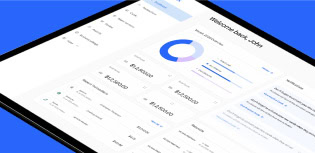How Innovation is Upgrading Charter School Financial Management

Charter schools are increasingly prominent in the United States’ educational landscape, often breaking new ground in neighborhoods where parents needed better choices. Part of the recipe for success includes more refined educational philosophies, whether it’s a more progressive approach, such as Montessori, or Singapore’s math learning system, or just a greater focus on STEM. Innovation occurs outside the classroom as well. Instead of being bogged down by mandates from a centrally managed education department, charter schools are free to manage their educational and organizational policies differently.
One critical component of charter schools’ operations is budget management. Whereas in public schools, administrators and teachers are often held hostage to centralized budgeting and purchasing (sometimes leaving them to close the gap with money from their own pockets), charter schools receive funding from boards of education, grants and fundraising, which combine to better cover the costs of educating every student. Each of these sources generally require careful tracking and audit trails of where the funds are spent, and charter schools are once again showing that they can apply a new approach to education, this time in financial management.
Eliminating Petty Cash
Petty cash is a familiar and convenient method for small organizations to enable their faculty or staff to make small purchases. This is highly inefficient, as it requires careful recordkeeping, and an inordinate amount of paperwork when it’s time to reconcile spend against budget. As organizations get larger, or aim for more efficient, less time-consuming processes, they are turning to technological solutions. In the case of petty cash, it is going the way of the dinosaurs, and instead being replaced by systems that merge online expense management with a purchasing card solution.
A Better Way to Manage Spend
PEX, a market leader in the category, takes an innovative, platform approach to the challenge of managing staff spend. That means empowering staff by giving them PEX Visa® Prepaid Cards, and setting up automated spend controls and funding allocations that can be managed at the organization, group or individual level. Spend is tracked in real-time, enabled via the mobile app’s receipt capture function, and is only possible in pre-approved categories (sorry Starbucks!)
In fact, robust spend controls not only allow schools to customize their cards with spending limits and merchant category restrictions, but they also allow the instant transfer of funds when they’re needed, as well as the ability to freeze and activate cards in real-time. Cardholders can be grouped into any custom grouping for easier automation. With receipt capture via the mobile app and the ability to add custom data to transactions, tracking, reconciliation and reporting are vastly improved. Together, these features provide a powerful set of capabilities to administrators. Full transparency into purchase activity, and an easy export to popular accounting software, further enable administrators to close the loop with a clean audit trail, so they can focus on their most important job: educating our youth.
Similar resources
Opinions, advice, services, or other information or content expressed or contributed here by customers, users, or others, are those of the respective author(s) or contributor(s) and do not necessarily state or reflect those of The Bancorp Bank, N.A. (“Bank”). Bank is not responsible for the accuracy of any content provided by author(s) or contributor(s).











